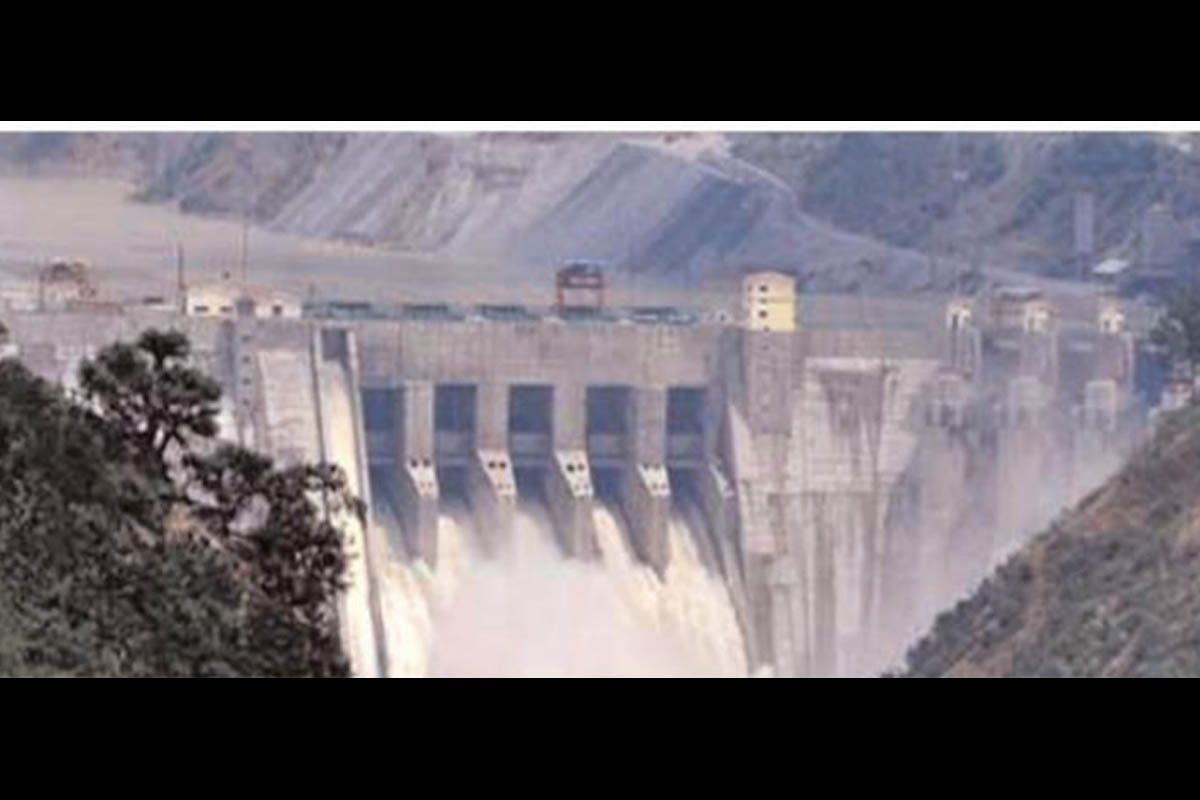It has been nearly a year since the formation of the Union Territories of Jammu and Kashmir and Ladakh ~ a momentous achievement to rejuvenate and resurge Indian unity and development in the region. Prior to that, terrorism had devastated the region leading to untold misery as about 41,500 people were killed in J&K between 1989 and August 2019. Invisible enemies fighting unholy proxy wars had attempted to threaten Indian democracy.
Post the abrogation of Article 370, Prime Minister Modi rightly expects Kashmir to lead from the front as it now stands integrated with India in the true sense of the term. The people of J & K have the same rights, benefits and prospects as those in the rest of the country. Domicile certificate is now the basic eligibility condition for recruitment. The Indian Constitution is now applicable to J&K; consequently 170 central laws have now become applicable to the territory, guaranteeing justice and fairness to the underprivileged. The repudiation of Articles 370 and 35A has heralded a new dawn of empowerment, equity and development. The rights of women marrying outside the UT now stand fully protected and gender discrimination has ended.
Advertisement
The special status of Article 370 and 35 A had insulated the state from the rest of India leaving it backward as money was siphoned off into pockets of vested interests and did not reach the common man. On 7 November 2015, the Prime Minister had announced a Reconstruction Plan of Rs. 80,068 crore.
Accordingly, the period after the abrogation of Article 370 has witnessed a new sunrise by reinforcing governance, accelerating development, building infrastructure, generating employment,
broadening social inclusion, providing humanitarian
relief and promoting growth.
Long years of unrest had adversely affected the state’s democratic institutions, particularly those at the grassroots level. Immediately after the formation of the UT of J&K, panchayati raj institutions were established and made functional and Rs. 366 crore was
released directly to 4,483 panchayats.
Many feel that the Prime Minister has transformed the ‘Tasveer’ (picture) of J&K and the ‘Taqdeer’ (fate) of the people by more than fulfilling their aspirations. As many as 506 of the 2,273 developmental projects stand completed while 963 projects are scheduled for completion by March 2021. Some of the major projects completed are IIT Jammu and Srinagar- Leh transmission line. Works in mega projects including the Z Morh, Zoji La and New Banihal tunnels and some major roads are being executed on a war footing. Rs 881 crore was earmarked for rebuilding health institutions and 60 out of the 144 projects have been completed.
There has been major progress in hydro-power generation and flood management of the river Jhelum, the Jhelum-Tawi Recovery Project, Chenab Bridge (the highest railway bridge in the world), connectivity of Kashmir by rail, mega-multi projects like Ujh and Shahpur Kandi as also the 330 MW Kishenganga project.To promote transparency, the Modi Government has instituted a portal, namely the J & K Infrastructure Monitoring System (JKIMS) by which the progress of work is monitored on a real-time basis and the status of project implementation can be accessed by any individual. There has been a creation of 45,000 employment opportunities and vigorous road construction works. The processes to set up over 330 schools and colleges and a university, improved medical infrastructure including two AIIMSs, beginning of a light rail and public transport system, welfare measures for all including housing, implementation of women and child welfare schemes,support to farmers, orchardists and unorganised workers, expansion of tourism facilities,
sports infrastructure and border area development are underway.
To achieve 24×7 power for all, 60 per cent of works have been completed. J&K achieved 100 per cent household electrification which has rekindled the hope of many who had never seen electricity in their lives. Household water connections have reached 43 per cent of rural households which is double the national average of 21 per cent, and a road map has been prepared to ensure 100 per cent coverage of piped water supply to all 18.16 lakh rural households by December 2021.
Under the Pradhan Mantri Gram Sadak Yojna, J&K has embarked on constructing 5,300 kms of road by 2020-21. The government has rationalized reservation rules to give benefit to the marginalised sections which have remained either unrepresented or under-represented.Kashmiri migrants have benefited from a series of welfare measures like employment, transit accommodation and monthly financial assistance. Law and order has improved and violence has reduced. Terrorism and peoples’ miseries are coming to an end, despite Pakistan’s frustrated efforts to activate its “deep state” again to heat up the environment, even amid this Covid pandemic.
Abrogation of Article 370 has led to exasperation in the ranks of the terrorists; local recruitment of terrorists has dwindled. Pakistan is now encountering triple frustration ~ first, at the abrogation of Article 370; second, at the snub it has faced in all international fora where it has raised the Kashmir issue and, third, at the fact that all its efforts to initiate terrorist acts have only resulted in their constant decimation in every encounter.
The formation of the Union Territory of J&K has not only witnessed development but also evoked patriotism and restored confidence of the people in the Constitution of India and our robust democratic system of a united sovereign India with Justice, Liberty, Equality and Fraternity assuring the dignity of every Indian and unity and integrity of the nation.
The pro-active measures being taken by a determined government are ushering in a new era of peace, tranquility and development ~ which will soon blossom and finally deliver the long-awaited smiles on the faces of people.
The writer, an officer of the Indian Police Service, is former Director-General, Indo-Tibetan Border Police. The views are personal











